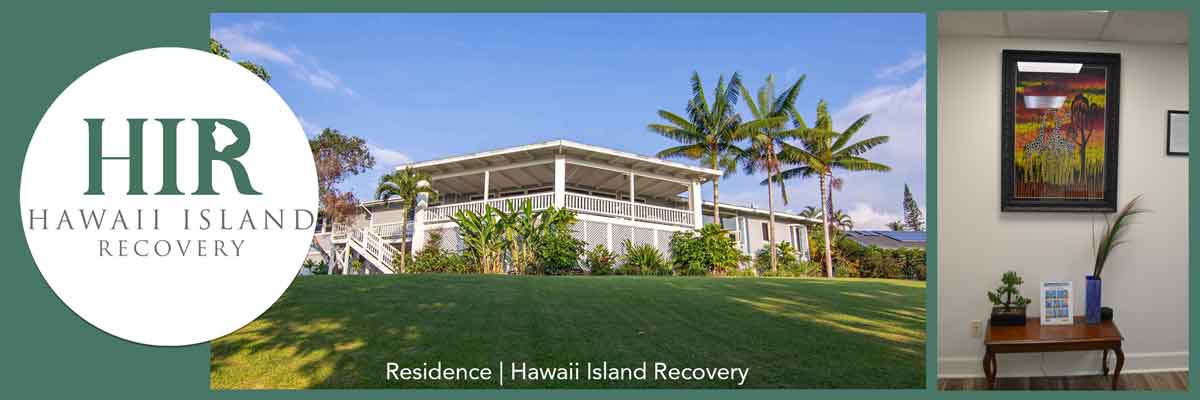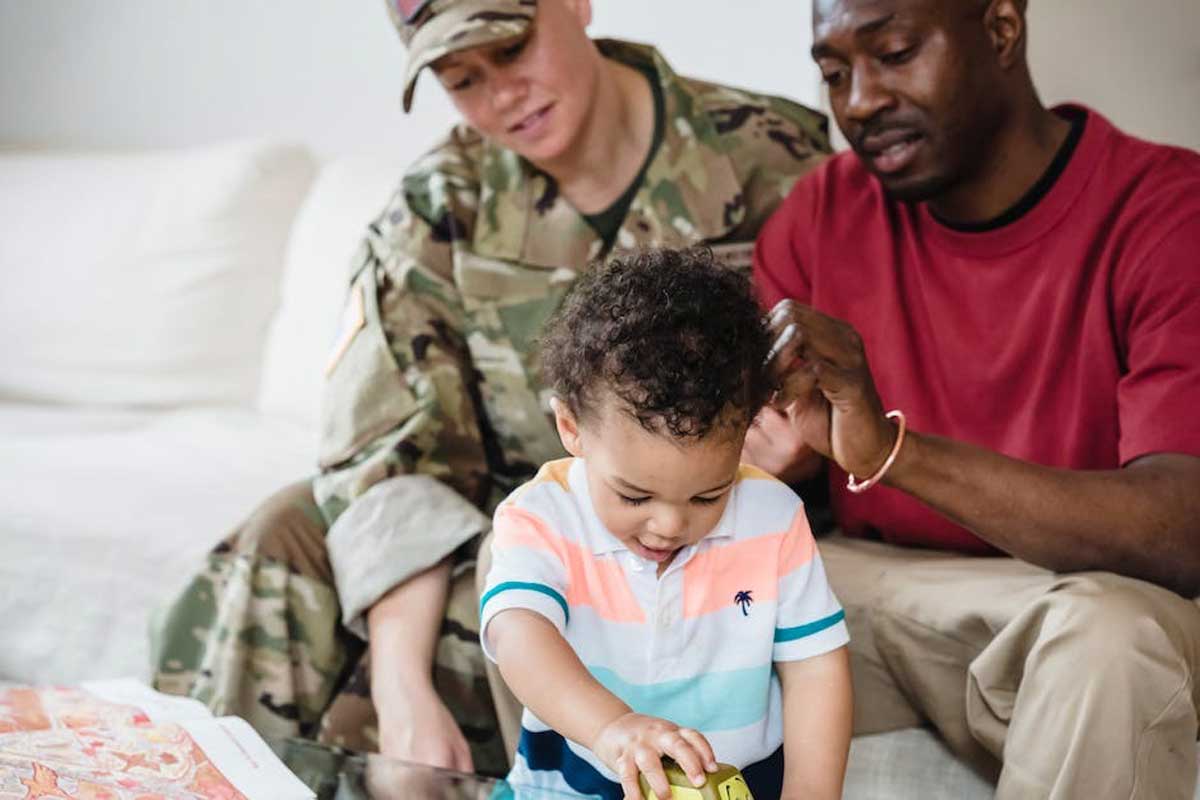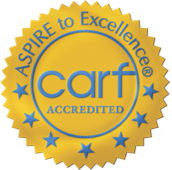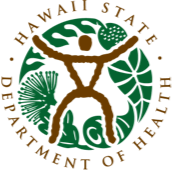Healing as a Family
Families are just as involved in the healing process as their veteran loved ones. Effectively challenging and overcoming depression, anxiety, trauma, and substance use disorder (SUD) all take dedicated, unified effort. However, veterans also face challenges to their changing identity, feelings of isolation, prevalent stigmas that may prevent them from pursuing active treatment, and more, all being common. These stresses affect entire families, and learning to support your veteran loved one through their treatment means understanding the various roles and strategies that families can use to heal together.
Establishing Communication

Communication is the cornerstone of any healthy relationship. While it may be difficult to truly understand the challenges that veterans face without having lived through the same military culture or through active war zones, it is still important to validate their experiences and feelings.
Establishing regular communication strategies, such as regular text chains, daily phone calls, or enacting blackout times around dinner to create an intimate familial atmosphere, are all crucial for communicating with veteran loved ones throughout any stage of the recovery process. Providing a safe space for veterans to express vulnerability or their own needs can normalize the practice of asking for help to navigate personal challenges, with effective communication helping to break down destructive stigmas that veterans face.
Be Patient
There is a lot of change for veterans first establishing their civilian life. Whether your veteran loved one is just coming home from active duty or is taking their first steps into addiction treatment to overcome substance misuse in their daily life, change is a constant challenge. Adjusting personal expectations, aspects of their identity, daily rituals and routines, and addressing other challenges, such as trauma, survivor’s guilt, or moral injury that impact the need for spiritual healing, all take time. Such transformations cannot be rushed.
Rather than expecting veteran loved ones to overcome these challenges in a set time frame, it can be more helpful to celebrate each and every step of their recovery journey when reaching these milestones at their own pace while being patient and supportive during more challenging times.
You Don’t Have to Know Everything
It is common for families of veterans navigating treatment to feel overwhelmed by the challenges that their loved ones face. Wanting to jump in and assist in any way possible is common. However, no one person ever has to always have all the answers.
While it is essential for families to educate themselves about the challenges their loved ones face, education on these topics is an evolving process. Hawaii Island Recovery is proud to provide active, dedicated veteran treatment while also being an available resource for families to further ask questions and personalize each recovery journey both inside and outside our walls.
Expressing that you don’t have the answer but are willing to help or listen can be a powerful thing for veterans navigating recovery. This degree of honesty and openness is essential for further healing.
Providing Resources
Helping veteran loved ones navigate their recovery is difficult. However, learning to empower veterans to overcome their own challenges while providing resources and support can be wholly transformative. Providing transportation, helping to set budgets, and helping navigate employment in civilian life can all be profound ways that families of veterans can facilitate healthy change without enabling self-destructive behaviors.
Try New Family Activities
Depending on your veteran loved one’s unique journey, it may be necessary to explore entirely new familial outlets. Being open and willing to try new activities, establish new hobbies, or empower loved ones to explore new interests are all part of the recovery process. Opening up to these new ideas and exploring them alongside veteran loved ones can add a degree of support and acceptance needed to effectively nurture these transformations throughout recovery.
Begin Your Journey Today
If you’re ready to start your journey, it’s only one call away.

Take Care of Yourself
Effective treatment and recovery is a familial affair. While wanting to do anything and everything possible to support a veteran loved one through treatment is noble, it is physically, mentally, and emotionally exhausting. Families of veterans still need to care for themselves, and having rigid sleep routines, continuing with personal interests, engaging in effective self-care, and otherwise tending to their own health is paramount.

Residence | Hawaii Island Recovery
Hawaii Island Recovery offers comprehensive treatment that not only addresses the needs of veterans navigating recovery but also includes dedicated familial support to help loved ones of veterans continue to balance their own needs and the most effective support practices.
Navigating treatment for addiction, trauma, mental health disorders, or co-occurring disorders in veterans is an ongoing effort, with families being intimately involved throughout the recovery process. Hawaii Island Recovery invites the efforts of you and your family to facilitate further healing, and we are ready to work with you to create a healthy approach to continued growth, recovery, and sobriety both for yourself and your veteran loved ones.
Ready To Start Your Wellness Journey?
Reach out to Exclusive Hawaii Rehab and we’ll develop a customized treatment plan designed to heal the core of your addiction.
Frequently Asked Questions
How much does treatment cost?
Your insurer may cover some or all of the cost of treatment. Depending on your carrier and policy, you may be responsible for the deductible and there may also be a co-pay. The cost of treatment is dependent on the length of stay and the level of care that is deemed medically necessary to support your recovery.
How can I verify my insurance?
What is detoxification, or “DETOX”?
What are the benefits of flying away from home for treatment?
What is the length of stay?
How can I deal with trauma / PTSD?








